Will Anthem be another live-service success story like Destiny, or is going the way of Battleborn?
Developers are still grappling with the evolution of Games as a Service
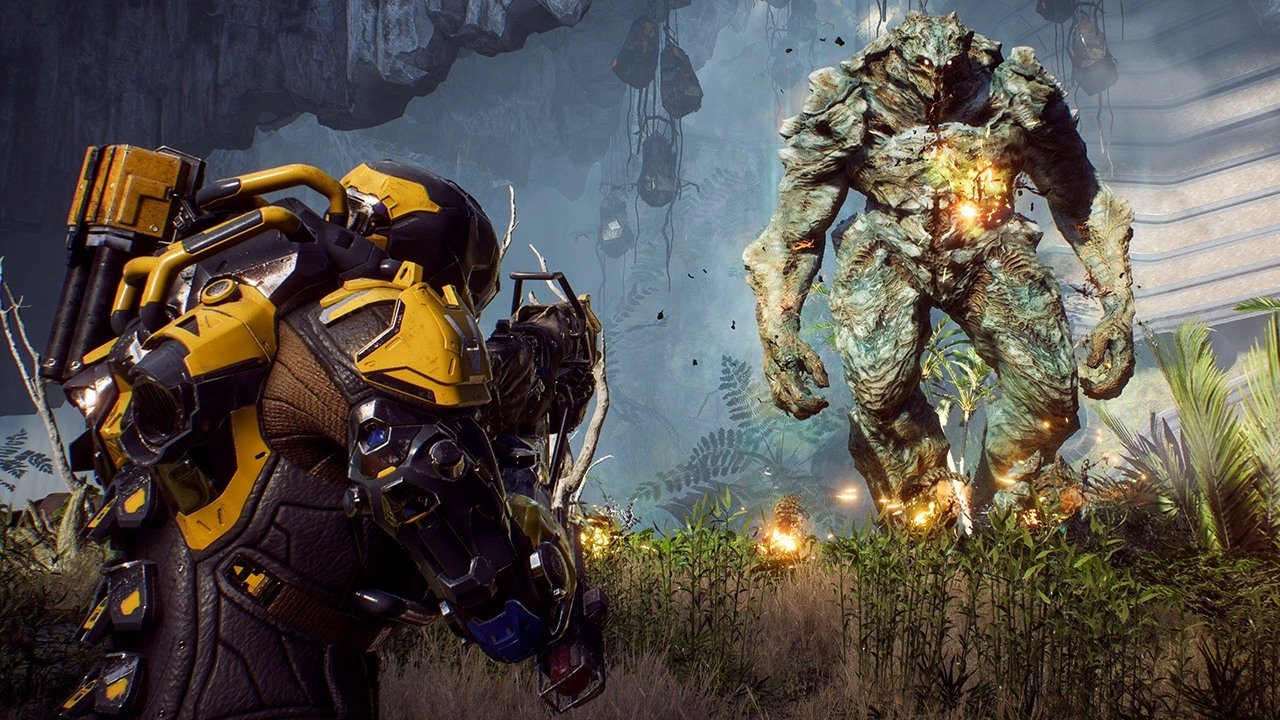
BioWare's first foray into the burgeoning Games as a Service (GaaS) market has not been a success for the studio, and that's putting it kindly. Anthem has encountered an array of problems since its launch in February, and it feels as if a fair share of them are entangled in this financially lucrative, yet widely contentious corner of the market. Live-service games throw untold complications towards developers that are already feeling the strain of triple-A development, but what should past successes and failures should BioWare have looked towards as it attempted to steer Anthem clear of as many roadblocks as possible?
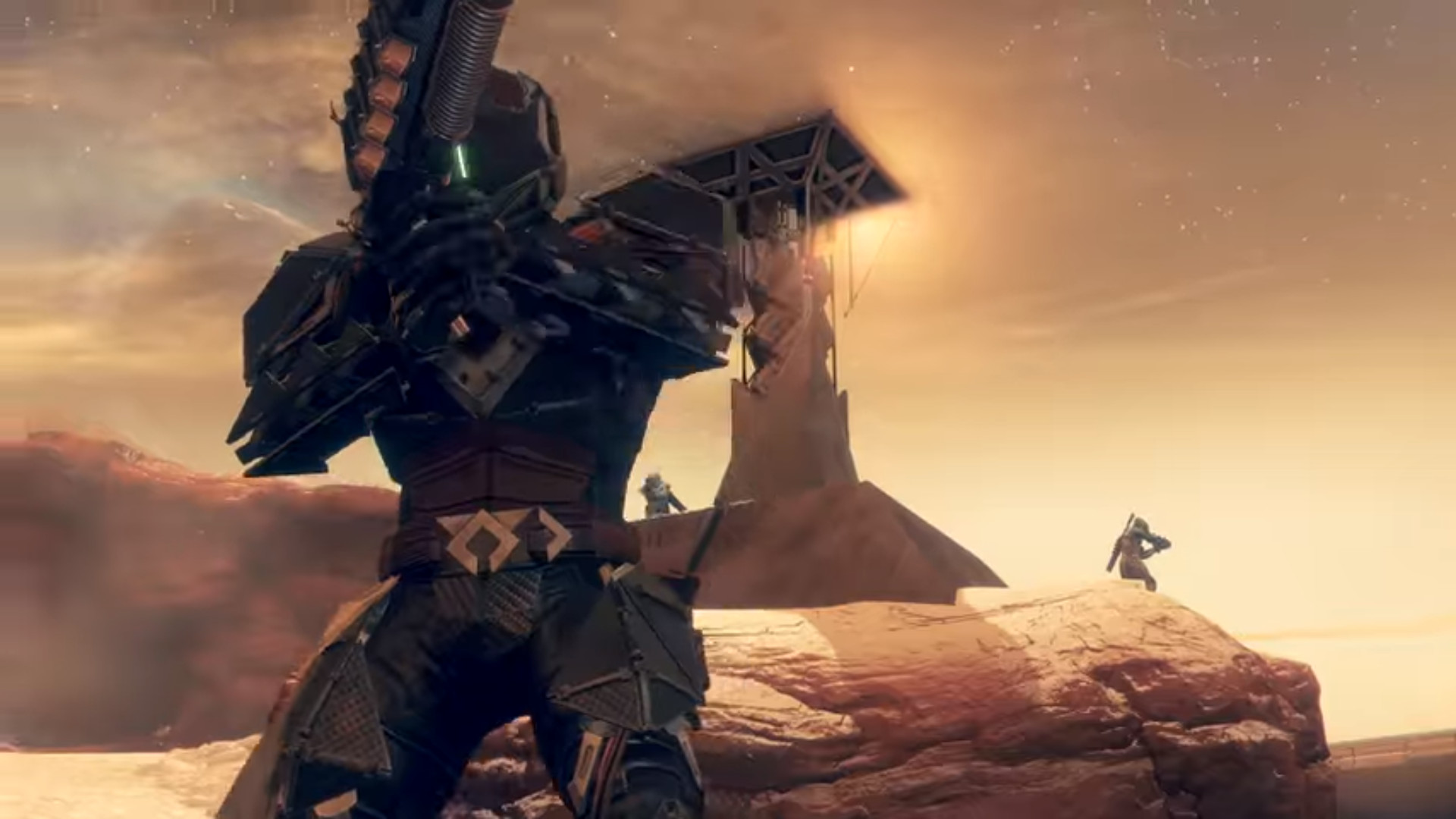
The Games as a Service model is nothing new in the games industry. MMOs worked to establish the concept back in 2004 – games that saw their balance and content persistently updated and tweaked on live servers, services propped up by regular premium expansions and microtransactions to unlock a litany of cosmetic items – and it has only matured in the intervening years. It’s no longer a service synonymous with MMOs, with the likes of Destiny, The Division 2, Overwatch, Monster Hunter: World, Rainbow Six: Siege, Street Fighter 5 and countless others all loosely falling into that category in one way or another.
And while the live-service model has undoubtedly matured across this generation of consoles, the first title to make a significant splash was, of course, Destiny. The shared-world shooter from Bungie sought to cherry pick the best aspects of single-player, multiplayer and co-operative game experiences and blur them across one always-online and ever-updating experience. The results were mixed at launch, to say the least.
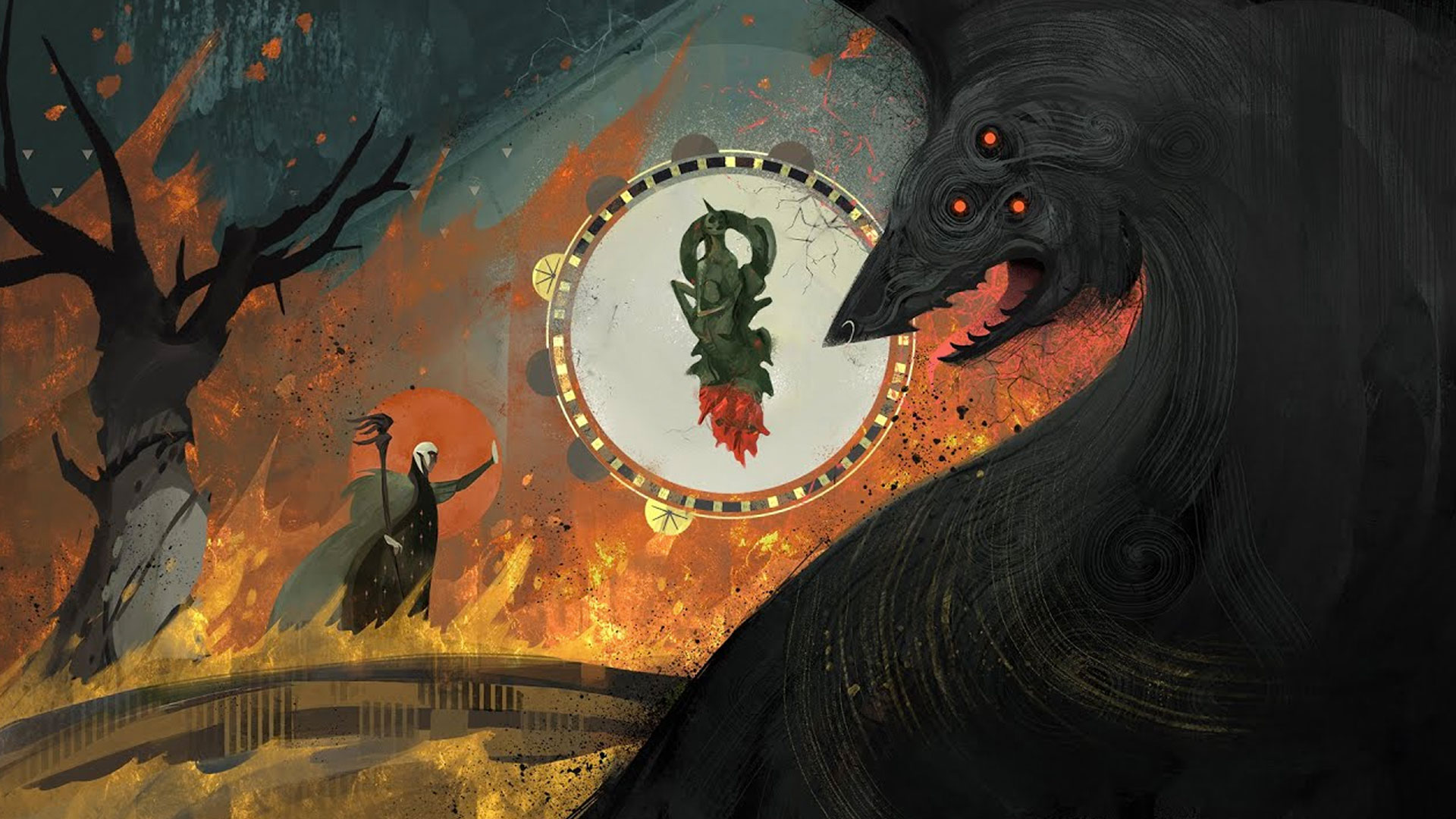
Anthem might not have been the success BioWare had planned for, but that doesn't mean it is backing away from live-service storytelling. In fact, Dragon Age 4 could very well have Games as a Service elements.
Destiny was definitely not a perfect example of how GaaS could or should work on console when it launched back in 2014, but it established a template that would soon become the standard. The studio’s attempt to blur the lines between an MMO, traditional multiplayer shooters and significant PvE content took a while to click into place, but when it did, a lot of players invested heavily into the experience – confident that the game would evolve to meet the demands placed on it by the community. Effectively, Destiny laid a lot of groundwork for titles that came after it; Strikes, traditional mission structures and selectable character classes were all uniquely blended in Destiny, with a traditional RPG level-up structure followed by gear-based progression after you hit the cap in order to participate in team-based raids with your party of 6.
The combination of RPG mechanics, in addition to the usage of different earnable currencies and the replayability of missions with your team, meant that Destiny was often a blast to play, and always kept you wanting more, thanks to its randomised loot, based on engrams that you decode at a central hub. This model has been adopted by games such as The Division, but to say that Destiny and its shooter ilk are the sole banners of the Games as a Service model on console would be a misnomer.
Slow Iteration
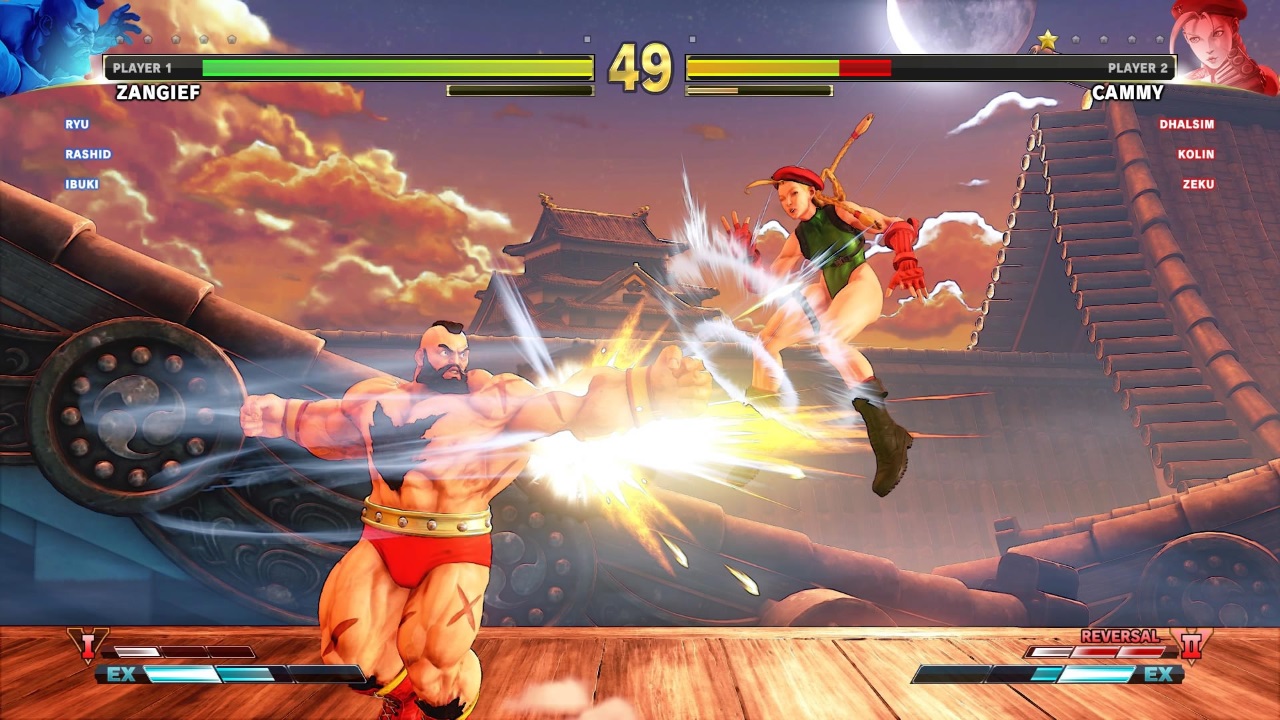
"DLC, microtransactions and constant updates are bleeding together in a way that the industry has never seen before"
Just take a look at games like Street Fighter 5 as another application of the Games as a Service model in the modern era. In previous generations, the Street Fighter series relied on consistent title updates to push through balances and new content. Street Fighter 4 in the generation before had Super Street Fighter 4, Arcade Edition and Ultra Street Fighter 4 in the years that came after it, but with the consistency of internet connected consoles, Street Fighter 5 has not needed any such significant title updates. Instead, Street Fighter 5 releases “Seasons” as title updates, and with each one comes with a handful of new characters to battle with. However, if you want to still play with your vanilla version of Street Fighter 5 without the new characters online – you can! This same model has also been applied to other fighters, such as 2018’s breakout hit, Dragonball FighterZ.
The application of Games as a Service has not had severe implications on other game series like Monster Hunter, which has had elements of the Games as a Service model for years before it had been named such, and features core tenets such as loot-based progression, options to play with a party of friends, promoted through the balancing of the game in addition to weapon choices, as well as consistent title updates and events, making dedicated players consistently return to the game, boasting new content along the way.
Sign up to the GamesRadar+ Newsletter
Weekly digests, tales from the communities you love, and more
Other games sustain their updates and consistently high player counts through the use of microtransactions. Overwatch creates purely cosmetic costumes, sprays and emotes in its loot boxes to sustain itself, allowing them to foster an ever-growing community through microtransactions, while spreading the word of the game through its incredibly successful Overwatch League.
DLC, microtransactions and constant updates are bleeding together in a way that the industry has never seen before, and Games as a Service is the result. Like the third-person shooter and MMO gold rush before it, publishers are angling to get their hands on an ever-evolving game with a dedicated community behind it to support them. Why? The answer is simple, these constantly changing games are just a whole lot more profitable than the traditional single-player and season pass model.
No signs of stopping
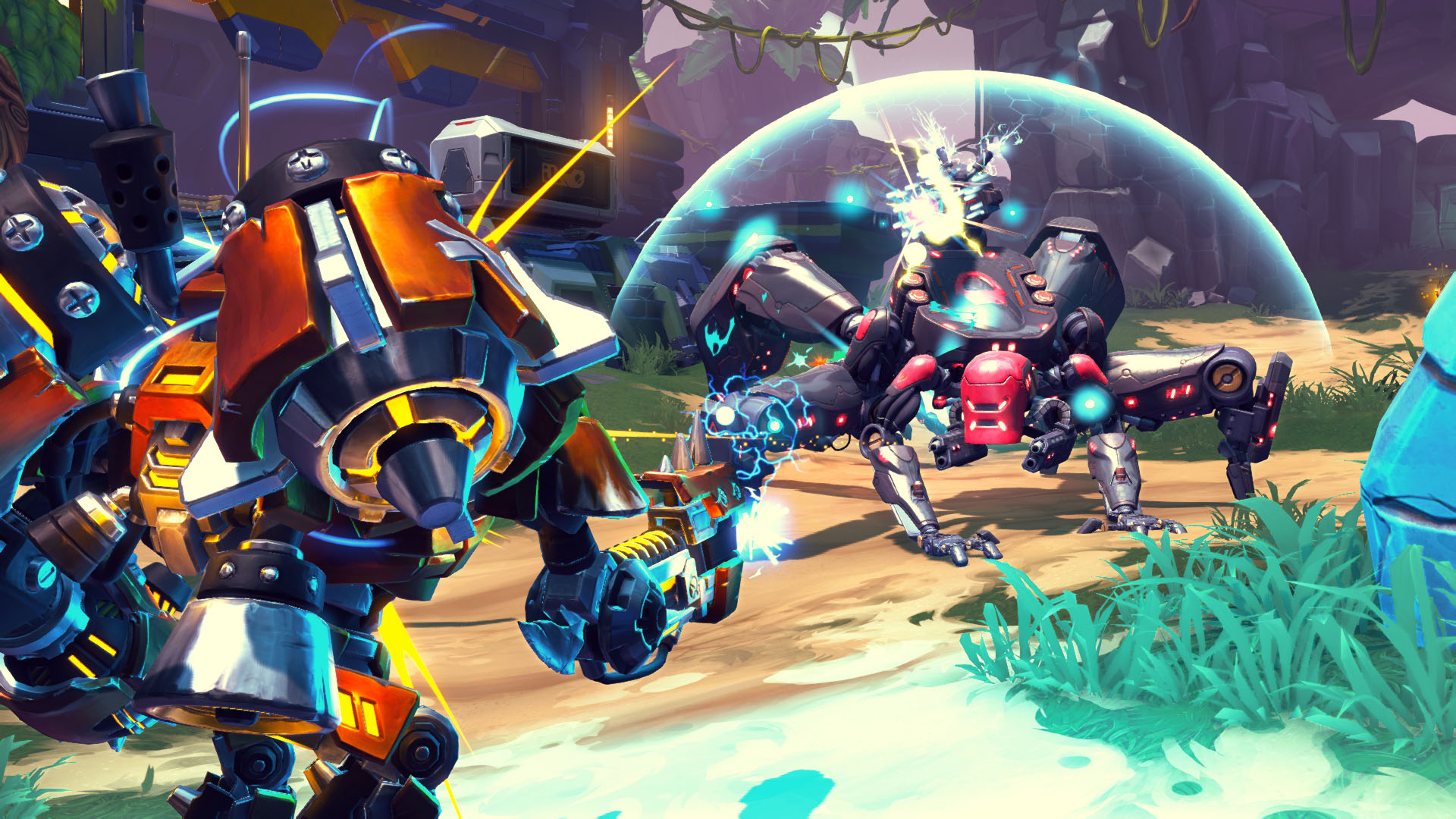
According to Gamesindustry.biz, the Games as a service model shows that the advent of Games as a Service has increased market valuations for companies such as EA from $4 Billion in 2012 all the way to $33 Billion and Activision $10 Billion in 2012, to $60 billion, from 2012 to late 2018 respectively. The difference? Games as a Service emerged, and have bled into pre existing franchises, just take a look at EA’s wealth of Sports titles for one, and you will see that each of them have an element of Games as a Service, just take a look at FIFA Ultimate Team, just as one example. Applied across a wealth of titles, this emerging business model might as well be free money for those with the time, resources and planning to take advantage of it.
There are no doubt a brand-new batch of games of this ilk emerging, with no signs of stopping. There are, however, already cautionary tales of banking it all on a single title. In 2016, Gearbox launched Battleborn, a hero-shooter that wanted itself to not only become a competitive esport, but also to blend this with additional content updates. Unfortunately, the game received middling reviews, and was released just a few weeks apart from Blizzard’s juggernaut, Overwatch. As a result, Gearbox attempted to correct course by adjusting its pricing, but when that didn’t result in significant uplift in revenue, the game was switched over to a free-to-play online model, with a purchase behind story missions. Just over a year after its initial release, Gearbox announced that Battleborn’s final update was released, with very little further support for the title.
Fast-forward to 2019 and it would look like BioWare is fighting the same battle that Gearbox tangled with just three years ago. Anthem has potential, with its gorgeous world design and rich visual direction setting one hell of a stage, but it would look like the studio is struggling to realise that potential when attempting to mitigate the pressures of running a live-service. Anthem didn't stick the landing, and it'll be the next six months that will ultimately dictate whether the action game will go the way of Destiny or Rainbow Six: Siege – games that eventually settled into their structure and rhythm after rocky beginnings – or whether it'll be another Battleborn, a casualty of rushing into the Games as a Service market without adequately preparing to meet the challenges that it presents head on.


